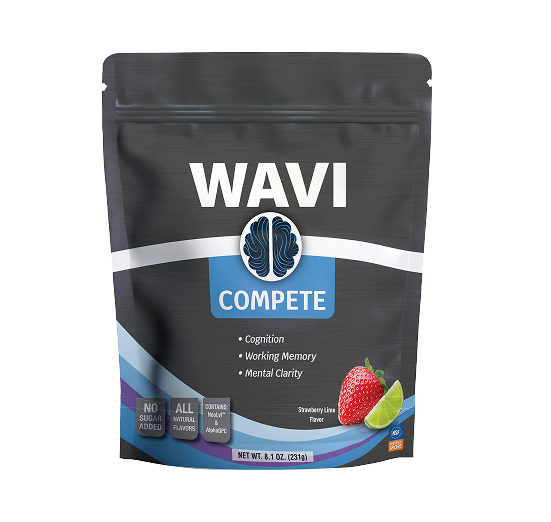Blog Posts

What is a Nootropic Pre-Workout? A Guide for At...
Until recently, nootropics were best known among gamers, chess players, and students for their brain-boosting effects. But now, these powerful ingredients are making waves in the fitness world, with athletes,...
What is a Nootropic Pre-Workout? A Guide for Athletes
Until recently, nootropics were best known among gamers, chess players, and students for their brain-boosting effects. But now, these powerful ingredients are making waves in the fitness world, with athletes,...

7 Mood-Enhancing Drinks To Improve Your Day
Life is full of ups and downs, and many times, circumstances that impact your mood are out of your control. Fortunately, there are ways to naturally boost your frame of...
7 Mood-Enhancing Drinks To Improve Your Day
Life is full of ups and downs, and many times, circumstances that impact your mood are out of your control. Fortunately, there are ways to naturally boost your frame of...

Focus Nootropics 101: How to Improve Clarity & ...
There are days when your brain just won’t show up to work. You sit down, open your laptop, and suddenly everything feels scattered—your thoughts drift, your motivation slips, and your...
Focus Nootropics 101: How to Improve Clarity & Concentration
There are days when your brain just won’t show up to work. You sit down, open your laptop, and suddenly everything feels scattered—your thoughts drift, your motivation slips, and your...

What is a Nootropic Supplement?
Nootropics are a wide range of substances, often nicknamed “smart drugs,” that boost cognitive function and performance, increase focus, protect brain cells, and enhance brain cell communication and memory.
What is a Nootropic Supplement?
Nootropics are a wide range of substances, often nicknamed “smart drugs,” that boost cognitive function and performance, increase focus, protect brain cells, and enhance brain cell communication and memory.

What is Huperzine-A and what are the benefits
You might have heard about Huperzine-A, a natural nootropic that’s gaining attention for its cognitive benefits. Originating from the Chinese club moss, it’s been used for centuries in traditional medicine....
What is Huperzine-A and what are the benefits
You might have heard about Huperzine-A, a natural nootropic that’s gaining attention for its cognitive benefits. Originating from the Chinese club moss, it’s been used for centuries in traditional medicine....

What Are Nootropics? A Beginner’s Guide to Smar...
Nootropics, often known as smart drugs, aim to boost cognitive functions like memory and focus. Whether you're looking to enhance your creativity or simply improve your concentration, these substances come...
What Are Nootropics? A Beginner’s Guide to Smart Drugs and Cognitive Enhancers
Nootropics, often known as smart drugs, aim to boost cognitive functions like memory and focus. Whether you're looking to enhance your creativity or simply improve your concentration, these substances come...

